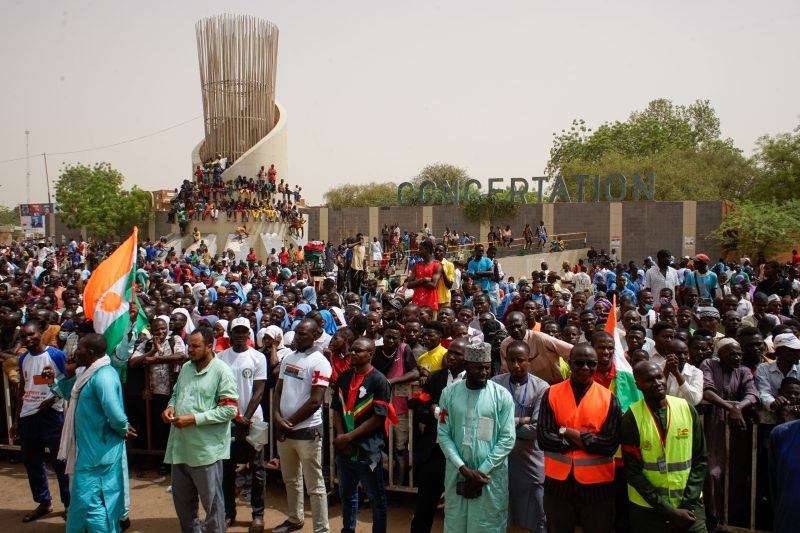The recent decision by the United States to defy Niger’s exit order and continue its military presence in the country has sparked controversy and concern. According to a whistleblower, this decision has left U.S. troops vulnerable and exposed to potential threats. The whistleblower’s claims shed light on the complex and precarious situation unfolding in Niger.
Niger’s government had initially ordered all U.S. forces to leave the country following the meltdown of diplomatic relations between the two nations. However, the U.S. decided to disregard this mandate and maintain its military presence on the ground. This move has raised questions about the motives behind the U.S.’s decision and the potential consequences it may have on the security of its troops.
The whistleblower, whose identity remains undisclosed for security reasons, has expressed grave concerns about the safety of U.S. troops in Niger. According to the whistleblower, the decision to defy Niger’s exit order has left the troops vulnerable and exposed to security risks. The whistleblower has warned that continuing to operate in Niger against the wishes of the host nation could have serious repercussions both for the troops and for diplomatic relations between the two countries.
The U.S. government, on the other hand, has defended its decision to maintain its military presence in Niger. Officials have stated that the presence of U.S. forces in the region is essential for combating terrorism and maintaining stability in the area. They have emphasized the importance of the U.S.’s partnership with Niger in the fight against extremist groups in the region and have downplayed the concerns raised by the whistleblower.
Nevertheless, the whistleblower’s claims have ignited a debate about the U.S.’s foreign policy approach in Niger and other African countries. Critics argue that the U.S.’s decision to ignore Niger’s exit order undermines the sovereignty of the host nation and sets a dangerous precedent for future military interventions. They assert that the U.S. should prioritize diplomacy and respect the decisions of its allies rather than imposing its will on other nations.
In conclusion, the whistleblower’s revelations regarding the U.S.’s decision to defy Niger’s exit order highlight the complex and delicate nature of international relations and military operations. The safety and security of U.S. troops in Niger must be a top priority, and any decisions regarding their deployment should be made with the utmost care and consideration for their well-being. As the situation continues to unfold, it is crucial for all parties involved to engage in open dialogue and cooperation to ensure the best possible outcome for all.
